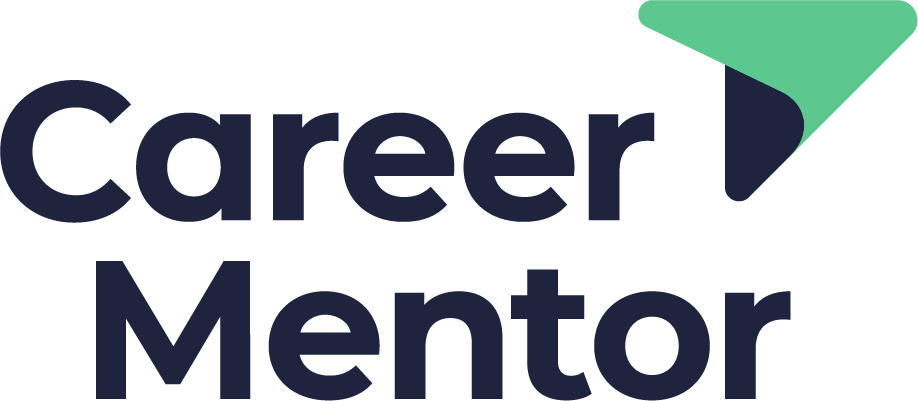Avoiding giving away valuable information in interviews
As I recently watched a video of a US Navy Seal talking to actor Chris Pratt as they reviewed the finer points of weapon handling and hostage rescue tactics, I asked myself: should you really be giving this information away? It reminded me of a conversation with a coaching client who is a world-class expert in his field. He’d come to realise that in a few job interviews, the interviewer was primarily seeking to extract valuable market insights from him, rather than seriously considering him for the job at hand.
With that in mind, how much is too much to give away in an interview? How can you evidence your impact without losing impact?
What is ‘valuable information’ to not give away in an interview?
There are a few things that could be considered sensitive, or valuable, information in an interview:
commercially sensitive information that relates to your current or former employers’ deals that are not public, or client lists
proprietary techniques relating to business development or deal execution
names of team members and leadership, including people hired or let go. Keep things anonymous.
any specifics on the commercially available or bespoke software used by your current or past firm, and how it’s applied
your expert views that might be commercially valuable
Why would an interviewer want to do this?
There’s a few reasons that an interview might go this way:
to check that you’re credible. This is perfectly reasonable and we absolutely need to give them enough information to convince them of your abilities - the issue is with what and how much to give away.
To gain some sort of commercial advantage - this is more insidious, but rarer.
To gather names for future recruitment.
Well, what’s left?
This is where your judgement and common sense is required. Whilst you don’t want to give away specifics that they could act on, you want to be able to illustrate how you can handle the job they have in mind with a high degree of competency.
To this end, you can:
generalise your answers whilst still giving enough to be convincing
talk about deals and transactions that are in the public domain
describe how you overcame specific challenges, displaying your expertise and leadership skills
explain how you’d solve a similar or same problem that they have in the future - given the resources and time.
It’s important to focus the conversation on how precisely you can address their needs and wants. The key here is to move away from the interview being a Q&A style interrogation - instead, it can become more of a conversation about their business needs and the skills and experiences they believe are required to excel. If you’re able to do that by breaking the pattern of the interaction - in a polite and natural way - you can clearly and persuasively address their pain points and needs. For example: You mentioned some of the things you need the ideal candidate to deliver on. Let me give some examples of how I could do that. The first point you mentioned was…
This shift in focus allows you to convince them that you can deliver with precise evidence and examples that you’ve pre-selected in your preparation and interview rehearsals, having anticipated what their needs might be.
It’s also worth thinking about time frame. If you’re an expert in a particular area and you feel that the interviewer is asking for your view on current market ideas, shift the time frame. You can potentially talk about astute market calls you’ve made in the past, which turned out to be correct. You can also demonstrate some of the reasoning that got you to make that great call. On the reverse, it’s also sometimes worth mentioning a call that wasn’t quite right and explaining what you learned from that situation too. You could also take it into the future, and speak more generally about some of the bigger factors at play.
Closing thoughts
Interviews are delicate situations to manoeuvre. You don’t want to give away the kitchen sink, but equally you want to clearly demonstrate your expertise and what you can bring to the table. Toe the line by adopting the suggested approaches, and you can use such interview questions as an opportunity to showcase precisely what makes you a strong candidate.
